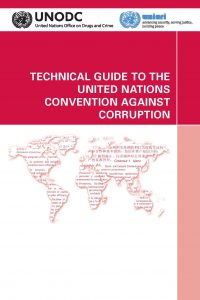
The present Technical Guide primarily focuses on the provision to anti-corruption practitioners and authorities of relevant technical advice, tools and examples of good practices to make the articles of the Convention operational. The Technical Guide attempts to highlight policy issues, institutional aspects and operational frameworks related to the full and effective implementation of the provisions of the Convention. The objective of the Guide is to lay out a range of policy options and considerations that each State Party needs, or may wish, to take into account in national efforts geared towards implementation of the Convention. Thus, the Guide intends only to raise and highlight issues pertinent to such implementation and by no means purports to be used as a complete and exhaustive counselling material for national policymakers, especially in view of the different legal systems and traditions and the varying levels of institutional capacity among States Parties.
For more information please
download the document Eng

The Integrity Self-Assessment Process is a mechanism developed within the NATO Partnership Action Plan on Defence Institution Building (PAP-DIB). The process is focused on practical support for nations, helping their defence reform efforts, as well as helping nations meet their international obligations within the UN framework. While aimed primarily at Defence, the nation may apply the Integrity Self-Assessment Process to other ministries and institutes in the security sector.
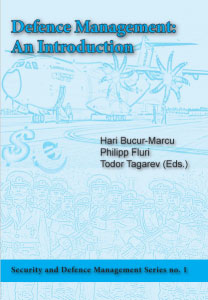
This publication focuses on practical aspects of democratic defence management through the eyes of practitioners. Outlining in simple terms the key issues defence professionals must address to ensure good governance of the defence sector from within the defence establishment, the book provides an introduction to these issues for new defence professionals in transition democracies. The objective is to explain principles and approaches to formulating and implementing security and defence policies, presenting results of policy-related research, and providing examples of good practice in transforming and managing security sector organisations, organisational processes and resources. Intended audience includes practitioners from the legislative and executive branches of government, security and defence professionals and civil society organisations engaged in making security and defence organisations more transparent, accountable, effective and efficient.
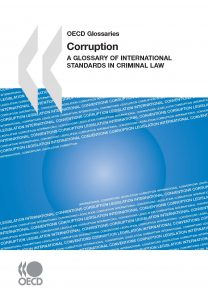
This Glossary explains the key elements required to classify corruption as a criminal act, according to three major international conventions: the OECD Convention on Combating Bribery of Foreign Public Officials in International Business Transactions; the Council of Europe’s Criminal Law Convention on Corruption; the United Nation’s Convention against Corruption. The specific purpose of this Glossary is to assist the countries of the OECD Anti-Corruption Network for Eastern Europe and Central Asia in their efforts to reform national anti-corruption criminal legislation according to the requirements of the above-mentioned conventions. This tool seeks to remedy the lack of knowledge about international law and recent developments in international treaties that some national legislators may face. It should be useful for legal practitioners in any country that aims to strengthen international cooperation and domestic rules to fight corruption.
For more information please
download the document Eng
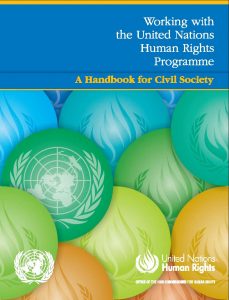
Working with the United Nations Human Rights Programme: A Handbook for Civil Society is addressed to the civil society actors who, every day in every part of the world, contribute to the promotion, protection and advancement of human rights. Developed following a survey among users of the first edition of the Handbook—Working with the Office of the United Nations High Commissioner for Human Rights: A Handbook for NGOs (2006)—this comprehensively updated and revised second edition puts United Nations human rights bodies and mechanisms at its centre. Speaking to all civil society actors, including but not only non-governmental organizations (NGOs), the Handbook explains how civil society can engage with various United Nations human rights bodies and mechanisms.
For more information please
download the document Eng

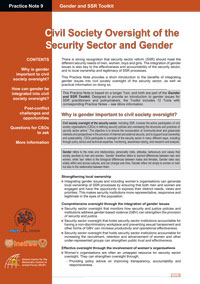
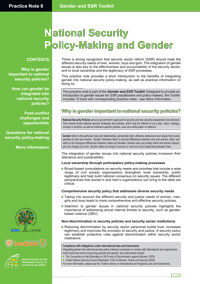
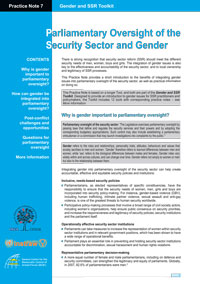
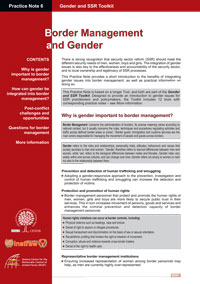
Page 6 of 8



